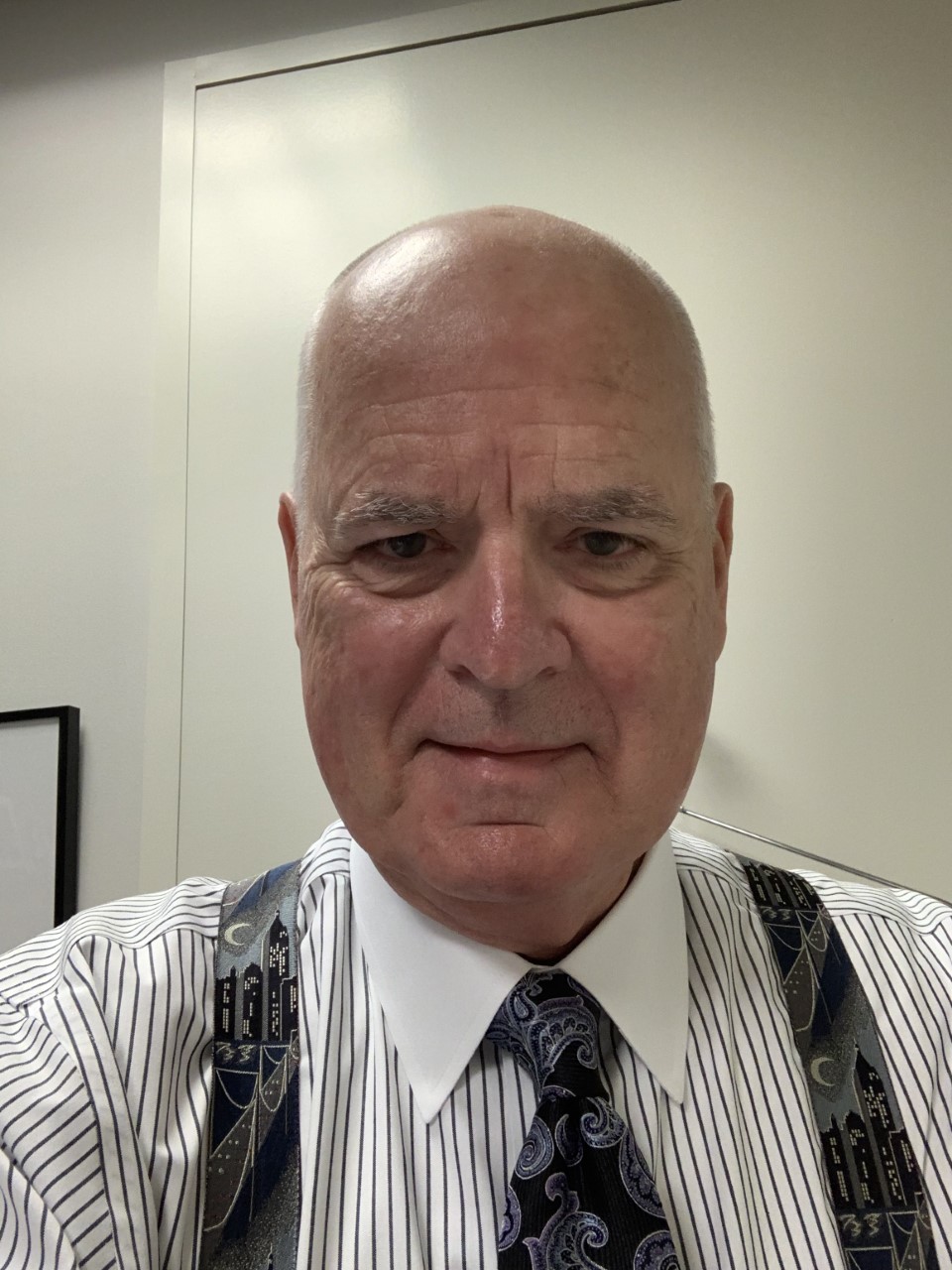Waiting to exhale: The ill effects of technology on legal practice

Norm Tabler.
At my law school 50th reunion earlier this year—by Zoom, of course—several of us with careers in large law firms compared notes. We spent the expected amount of time reflecting on how much law practice has changed over the past half century.
Overall, we agreed that most of the changes have been for the better. Law practice is infinitely more welcoming to women and minorities than it was 50 years ago. The internet has made legal research vastly more efficient than in the old days. Remember when legal research invariably involved walking to the firm library, searching for the right volume (don’t forget the pocket part!), walking back to your office, then writing or dictating a result to be typed by a secretary?
Mobile phones have freed us from the tyranny of landlines. We didn’t know it at the time, but with landlines, we weren’t calling a person. We were calling a place, hoping that the person was at that place. We were also hoping that it was a convenient time for the person to talk—but we couldn’t predict if that free window would be snatched up by another caller.
And surely no one misses carbon paper.
Of course, as certified old codgers, we decried many other changes: “The practice of law has become the business of law! Whatever happened to civility among lawyers? Where’s the collegiality when each lawyer is chained to a computer?”
But it occurred to me on later reflection—retired, I have a lot of time for reflection—that I miss something else from the old days; something that I didn’t appreciate until it was gone.
It was that time of day, midmorning, when the day’s mail had arrived in my office, and I had reviewed it. Remember, this was a time when virtually all correspondence came through the postal service. If I was to receive correspondence that day, it would likely arrive in the morning mail.
That applied to correspondence bearing bad news (say, a loss of a motion or case), as well as correspondence bearing good news (a win). Of course, in our profession good news and bad news are often inextricably intertwined. A client’s bad news can be a lawyer’s good news because we’re in the business of taking on our clients’ problems.
It was because all the correspondence came through the postal service that the morning mail delivery was so significant to me. Once it arrived, I had all the correspondence I was likely to receive that day. I knew where I stood regarding my workload and where I was likely to stand for the day. I might not be happy with where I stood, but at least I knew.
Knowing where I stood provided me with a moment of comfort. It was a moment when I could let my breath out and breathe a sigh of relief before getting back to the business of tackling my workload.
That began to change early in my career, as erosion of the significance of the morning mail delivery set in. At first, the change was gradual. Although more and more correspondence arrived by FedEx and other delivery services, it was usually distributed with the postal mail, so there was still a midmorning moment when I had all the day’s correspondence in hand and could breathe that sigh of relief.
Next, the delivery services began offering several delivery times a day. FedEx offers three, one well into the afternoon. There was no single moment in the day when I could breathe the sigh of relief.
Then came email—and with it, the floodgates opened. Correspondence could arrive by email any time of day. I could never enjoy that moment of relaxation I had experienced—but failed to appreciate—in the early days once the mail had been delivered. I couldn’t relax until I turned off my computer and left for the day.
I thought it couldn’t get any worse. I was wrong. I hadn’t reckoned on the advent of the smartphone. My firm-issued smartphone could inform me at any time—24-7—of the arrival of more correspondence. While I rarely began working on a response while still at home, I could certainly begin worrying about it. And worry I did.
By the end of my career, there was no longer any moment when I could breathe that sigh of relief, knowing that all the day’s correspondence was in hand. It was like holding my breath all day, waiting to exhale. It was exhausting.
Looking back, I wonder why I didn’t simply turn off my smartphone at the end of the workday, the same way I turned off my computer. The answer is twofold. First, I didn’t think of it. Second, I was a little like the proverbial frog in the pan of water: By the time my phone problem had come to a boil, it was too late to do anything about it.
Norm Tabler is a retired lawyer in Indianapolis, where his practice focused on health law. He serves on the editorial advisory boards of the ABA Health Law Section’s The Health Lawyer; the ABA Senior Lawyers Division’s Voice of Experience e-newsletter (for which he writes the column “Adventures in the Law”); and the Indiana State Bar Association’s Res Gestae (for which he writes the column “Annals of the Law”). He writes and records a monthly podcast, The Lighter Side of Health Law, for the American Health Law Association’s Health Law Weekly.
ABAJournal.com is accepting queries for original, thoughtful, nonpromotional articles and commentary by unpaid contributors to run in the Your Voice section. Details and submission guidelines are posted at “Your Submissions, Your Voice.”
Your Voice submissions

The ABA Journal wants to host and facilitate conversations among lawyers about their profession. We are now accepting thoughtful, non-promotional articles and commentary by unpaid contributors.

